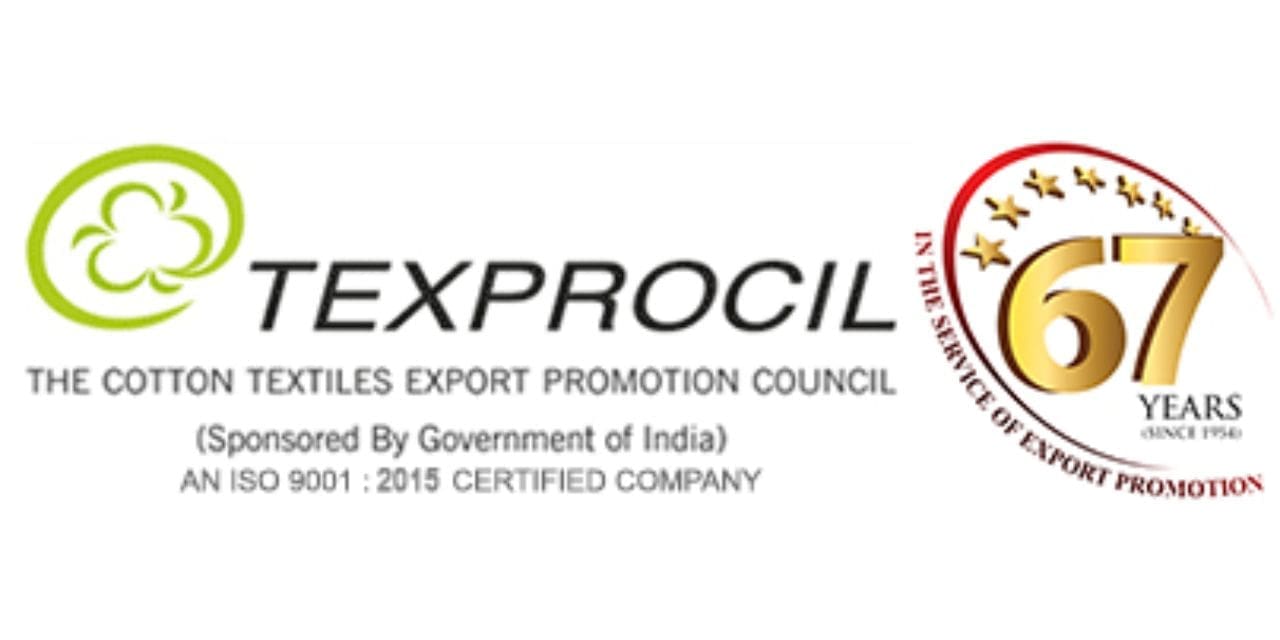25th July New Delhi: An interactive meeting with stakeholders of Cotton Textile Value Chain was held today at Vanijya Bhawan, New Delhi with representatives from the entire cotton value chain industry, along with Shri Narendra Singh Tomar, Hon’ble Minister of Agriculture & Farmers’ Welfare, Shri Piyush Goyal, Hon’ble Minister of Commerce & Industry, Consumer Affairs, Food & Public Distribution and Textiles, Smt. Darshana V. Jardosh, Hon’ble Minister of State for Textiles and representatives from Ministry of Textiles and Agriculture.
The main agenda was to discuss ways to increase productivity and improve quality of cotton and branding of Indian Cotton.
Participating in the interactive meeting Shri Manoj Patodia Chairman Texprocil appreciated the initiative taken by Shri Piyush Goyalji, the Hon’ble Minister of Textiles to get all the stakeholders in the textile value chain from farmers, ginners, spinners, home textiles and garment producers on one platform to prepare a comprehensive road map to address the issues of quality, productivity and branding of cotton.
Shri Patodia stated that the time had come to adopt an integrated and industry driven approach so that India’s pre-eminence in the Cotton sector in world markets is not only maintained but enhanced. Towards this end, public private partnership to improve cotton productivity, encouraging the adoption of drip irrigation by farmers by setting up a corpus fund, popularising high density plantation and taking concrete steps to brand Indian Cotton were the need of the hour. Shri Patodia mentioned that these steps would benefit the entire textile value chain from ‘Farm to Fashion’.
On its part the Government agreed to set up “State of the Art” laboratories for testing quality of cotton, encouraging farmers to use good quality seeds through awareness programs and dispensing with regulatory practices.
Shri Patodia welcomed the full support extended by the Hon’ble Ministers of Agriculture and Textiles to all the initiatives taken up by the Industry which will go a long way in enabling the textile exporters to take full advantage of the Free Trade Agreements (FTAs) being signed by the Government and facilitate achievement of the target of US$ 100 billion by year 2030.

